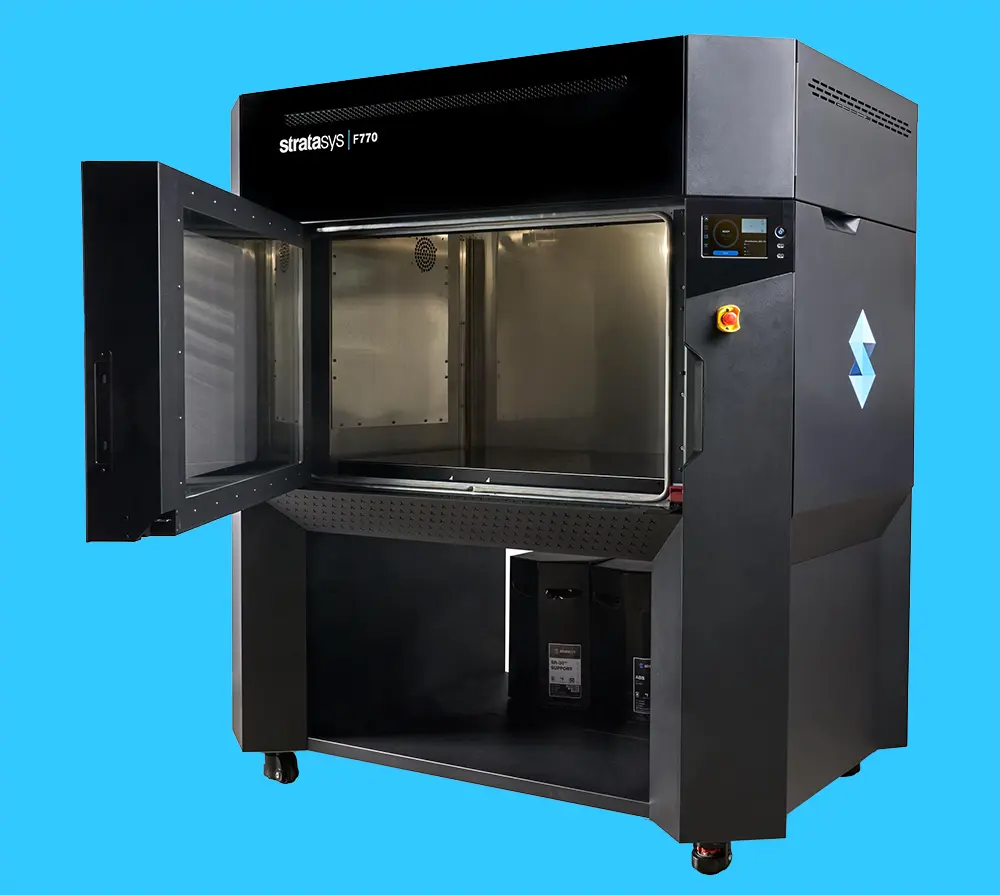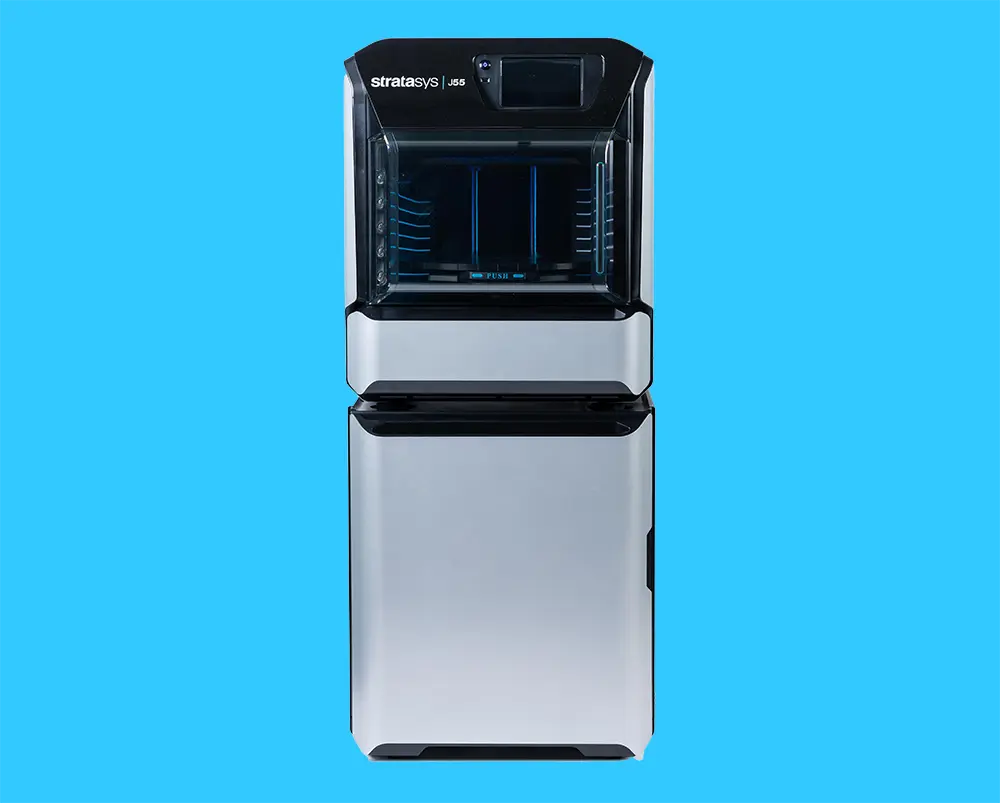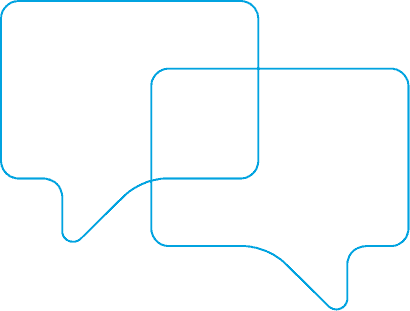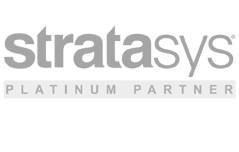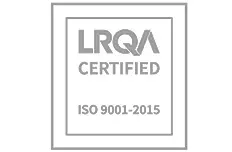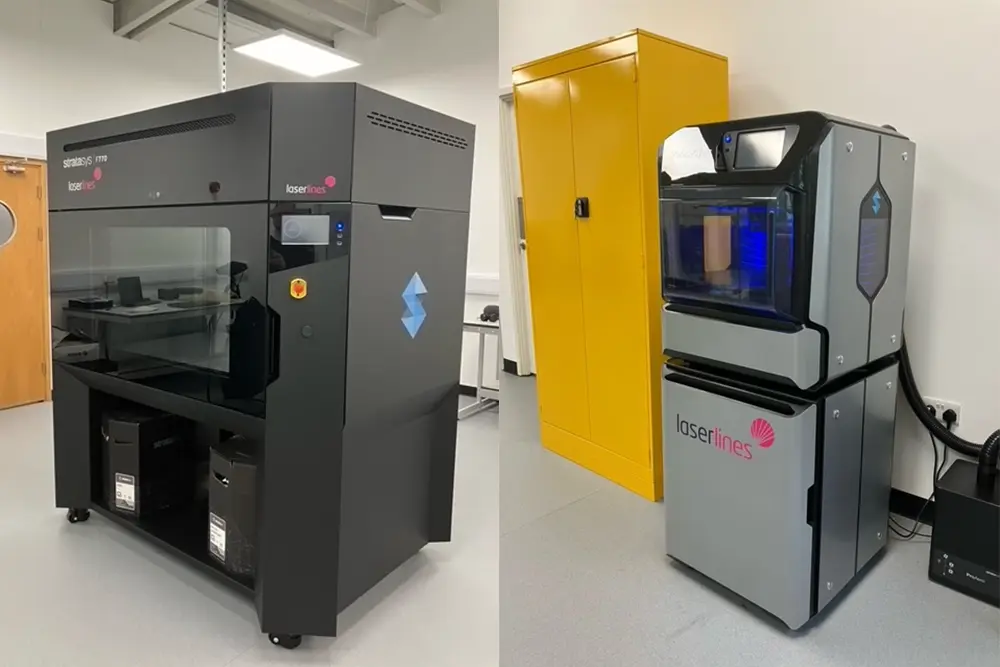
Plymouth Science Park gives hands-on experience of new Stratasys Polyjet and FDM machines
Plymouth Science Park is the largest centre for science and technology in its region, and it has just made a significant investment in two new Stratasys additive manufacturing machines, the Stratasys F770 and J55.
The science park has been running for over 25 years, expanding over time to fill 25 acres. It is home to a selection of large global businesses, local start-ups and academics. One of the main attractions of the location is the exchange of knowledge the park offers.
One of the science park’s newest additions is the Advanced Digital Manufacturing and Innovation Centre (ADMI), which exists to help companies understand how to bring the benefits of additive manufacturing to their business. It offers a consultancy service that seeks to understand what its customers are trying to achieve, offering practical advice on how this can be achieved through 3D printing.
Impartial consultation with practical training
Unlike a 3D printing bureau, which will manufacture parts on behalf of its customers from a CAD design, ADMI gives clients direct access to its machines for a ‘hands-on’ experience. Access to the machines and materials is offered at an agreed price, with support and training throughout so clients can better understand how the technology works and what the various strengths and weaknesses are.
“We show people how to exploit 3D printing properly, helping them to understand what it can do, when and why you would consider using it and, more importantly, when not to consider it,” says Jacques Wood, Senior Digital Applications Engineer at Plymouth Science Park. “There are a huge number of manufacturing businesses in the area with a lot of skilled people working in them, but many of them have incorrect assumptions about additive manufacturing.
“Perhaps they have used a basic desktop machine in the past and found that it doesn’t deliver on part precision or repeatability. We help them understand which machines they should procure to match their needs, and train them on using them effectively so they can unlock the cost and time savings that additive manufacturing is famous for.”
After much success with a mixture of different additive manufacturing machines, an opportunity came for Plymouth Science Park to expand its offering further, and it chose the Stratasys F700 and Stratasys J55 3D printers to meet its needs.
Stratasys F770 for size and reliability
“I have used an F770 before and found it to be an excellent, reliable machine,” continues Jacques. “It hits the perfect sweet spot between the very high-end, ultra-professional machines that are available and the entry-level desktop machines that anyone can procure.
“It has a large print volume, and the wow factor that its physical size creates when people come to have a look at it helps us to communicate the idea that these machines can meet the challenges of industrial-scale manufacture. Sometimes people have preconceptions of additive based on their experience with small machines they may have used in the past at home, and showing off the F770 is an excellent way of helping to change those perceptions.
“But despite its size, importantly, it is not too large. Some machines we have here require a dedicated room and dedicated gas systems. We can put the F770 in an office, and it doesn’t need anything special. It might make a bit of a hum, but that’s about it.
“I have heard about other situations where companies have bought alternative machines without being informed that they will need lots of extra environmental protection or post-processing equipment to make them work, and they simply weren’t prepared for the extra financial outlay and added complexity. There is no danger of that with the F770.”
Stratasys J55 for multiple applications
The Stratasys J55 meets a different need for Jacques. “The J55 we purchased is simply the best solution for accurate, aesthetic prototyping. The fact that we can add Pantone colours to a part blows people’s minds when we show it to them. It is very rewarding when we help a company realise that there is a better way to prototype. Many of them have no idea that such a solution is available to them.
“We have been working with medical teaching bodies recently, and some of its doctors have had experience with 3D printing in the past. That experience led them to believe that certain medical models would not be possible to produce with additive manufacturing, because they involved multiple materials and colours. The J55 can do both of those things, so it has been key to removing misunderstandings.”
The J55 can be used by teachers to produce training models using the data from MRI and CT scans. These models can be used to highlight specific issues that medical students would be unlikely to see in their normal training.
It can also be used to give a patient better information on their surgical procedure so they can give informed consent about whether to proceed or not. The patient can see a physical model of their ailment, produced from their own scan data, which helps them understand what is wrong, how it might be fixed and what the risks may be.
Confidence in Stratasys machines
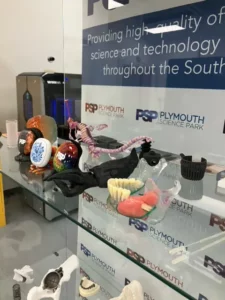
“That level of reliability and repeatability is so important to have for engineering businesses, and you always get it from Stratasys kit. That is why I made sure we procured these machines over anyone else’s.
Laser Lines is a trusted partner
When it comes to buying Stratasys equipment, Jacques has very clear ideas on who he trusts to advise on the purchase and provide support. “I have a very high opinion of Laser Lines. It has excellent engineers in-house that always make sure the machine is looked after. It doesn’t happen very often, but if a machine breaks on the shop floor, Laser Lines will send an engineer to fix it straight away.
“The team there won’t make up an answer to a question they don’t know the answer to, which I have experienced elsewhere in the past. Instead, they will go and find out the answer and come back to you.
“Laser Lines’ people like to do things quickly, but without cutting corners. Everything is discussed up front, and they work with you to find a solution when you need them to. I trust them to do the job correctly, and they offer a reliable, dependable service.
Removing barriers to entry
“As someone that has worked in the industry for over ten years, one of the biggest recurring problems I see are all the barriers to entry on additive. I have frequently seen people use additive processes in-house, but not tell a soul what they were doing, making it difficult to pass important knowledge to the next generation of engineers.
“Challenges arise when experienced engineers leave, as important information can leave with them. Whoever is left may need to repeat the research from scratch. As a result, there is a lot of bad information out there about additive manufacturing, and that is why this centre is so important to me.
“Our latest investments in the Stratasys F770 and J55 make my job a lot easier and will help us demonstrate what additive technologies are capable of. I can’t wait to start introducing a new set of people to these excellent technologies.”
Find out how the Stratasys J55 or F770 can benefit your business by emailing us on [email protected] or calling 01295 672599

